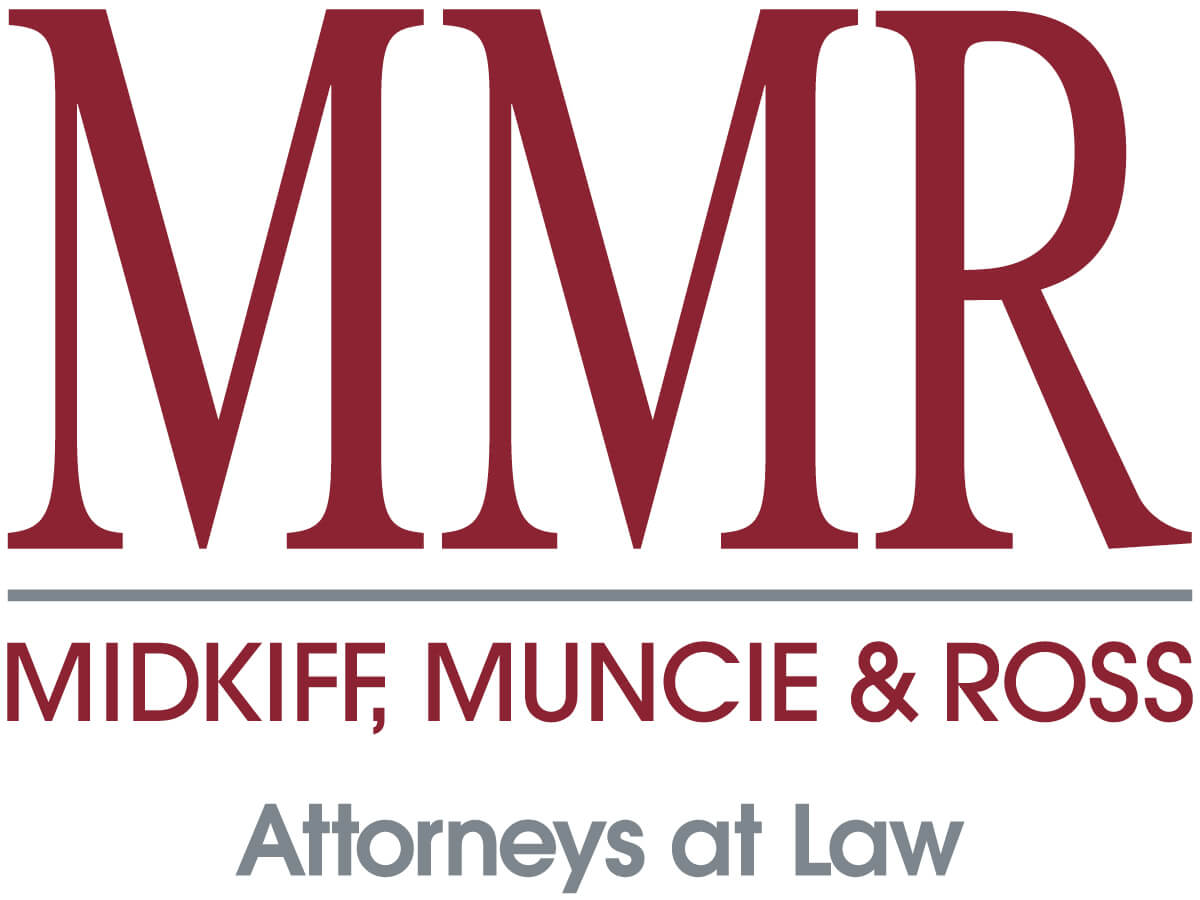VWC Issues First Post-Scalfani Opinion – A Win for Employers
Brendan Henry v. Virginia Alcoholic Beverage Control Authority, JCN VA00001796291 (Nov. 8, 2021) marks a win for employers and carriers in the Commonwealth of Virginia and gives an indication of where the Commission may be headed after the Virginia Supreme Court’s opinion in City of Charlottesville v. Sclafani, 300 Va. 212, 682 S.E.2d 101 (2021).
Sclafani involved a police officer who participated in two four-hour training sessions, during which he was repeatedly handcuffed and thrown to the ground. The Commission and Virginia Court of Appeals relied on the claimant’s testimony that his pain began after the second four-hour session, and found that the second four hour period was sufficiently temporarily precise to constitute a single injury by accident.
On appeal to the Supreme Court, the employer ultimately lost because the claimant had, in fact, testified that he felt discomfort at a particular moment during the second training session, not after the training session, and this testimony had been ignored by both the employer and the Court of Appeals. However, while the Supreme Court affirmed the ruling, the Court implicitly rejected the reasoning employed by the Commission and Court of Appeals, which would have found the four-hour training session sufficiently temporarily precise to constitute a single injury by accident, even if the pain had only begun after the session. The Court wrote that “[c]learly, a claim asserting that an injury occurred during a time period where multiple potential causative events occur is not sufficiently temporally precise to establish a compensable injury.” Sclafani, 862 S.E.2d 101, 106.
While the Court’s language is a plain rejection of the Commission’s reasoning, because the employer in Sclafani ultimately lost on other grounds, it was not clear whether the Commission would view Sclafani as a binding rejection of its reasoning or as non-binding dicta merely intended to guide the Commission. The Commission’s recent ruling in Henry appears to show that the Commission views the Supreme Court’s directive in Sclafani to be binding.
As with all workers’ compensation cases, the facts of this claim are important in understanding the Full Commission’s ruling. The claimant in this matter was employed as a sales associate. He testified that he was stocking shelves for about an hour in an “awkward position”. During this time, he took breaks to assist customers. After he finished stocking the shelves, the claimant stood up and carried an empty box to the back room. He placed the box down in the back room and then took another step when his “left knee gave out and twisted.” He was not carrying anything in his hands when he fell. He testified that immediately before he fell, his knee “started to hurt a little bit”. These facts are similar to those in Sclafani, as both cases involve a claimant experiencing pain only after completing a variety of tasks over a period of time. Thus, under the Commission’s prior reasoning, this claim would likely have been compensable.
The Deputy Commissioner found the claim to be compensable, but, by relying on Sclafani, the Full Commission reversed and denied the claim, stating that the “evidence in the record is insufficient to show the claimant’s actions while stocking the shelves contributed to his fall and resulting injuries.” The Full Commission rejected the argument that the claimant’s rise from stocking shelves caused his injuries. Instead, the Commission focused on the fact that the claimant suffered his injury at a discrete time when he was walking back to the sales floor after dropping the empty box in the back room, and that he only felt the pain immediately prior to his knee giving out.
Given the similarity of the facts to those in Sclafani, the employer argued that Sclafani was applicable to this matter on appeal. The Full Commission examined the Sclafani opinion and its impact on their decision in the present matter, and appears to have concluded that the Supreme Court’s directive in Sclafani is binding. Specifically, the Commission quoted the Court’s statement that a “claim asserting that an injury occurred during a time period where multiple potential causative events occur is not sufficiently temporally precise to establish a compensable injury.” Id. Using this language, the Full Commission reasoned that the claimant failed to establish his injuries occurred as a result of a specific work incident. The claimant was engaged in multiple activities such as stocking shelves and assisting customers. However, the accident only occurred when he was simply walking without carrying anything in his hands. It is well established that simple acts of walking, bending, or turning without any other contributing environmental factors are not risks of employment.
This case is a win for employers and carriers in the Commonwealth of Virginia, and represents a first move for the Commission away from its prior cumulative trauma reasoning and towards the Supreme Court’s directive in Sclafani. The claimant has 30 days from the date of the Opinion, or until December 8, 2021, to appeal this case to the Virginia Court of Appeals, and we will let you know if this occurs.
